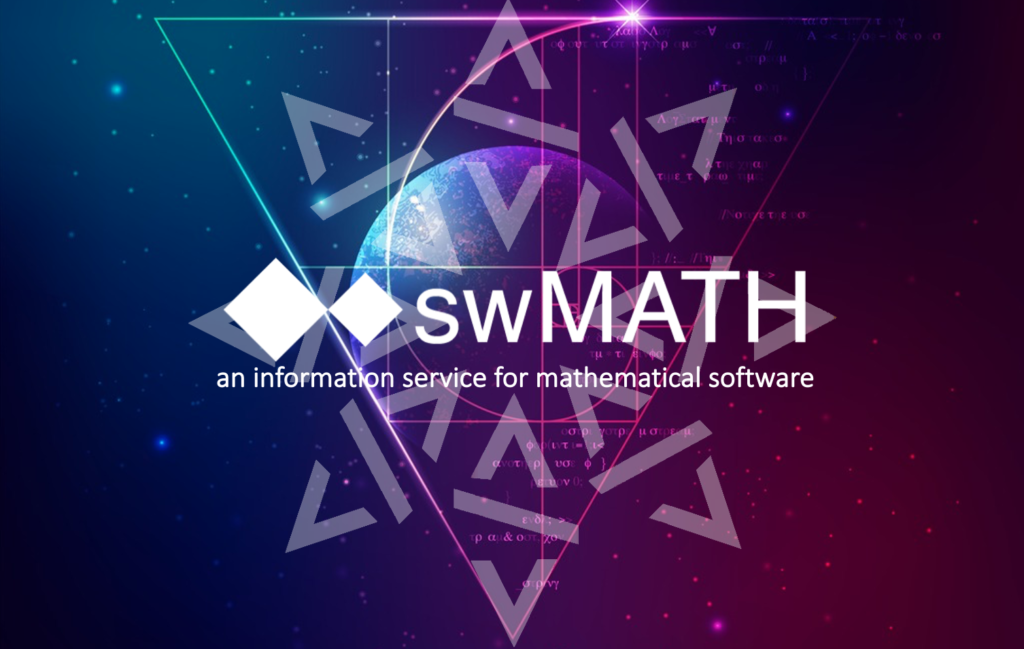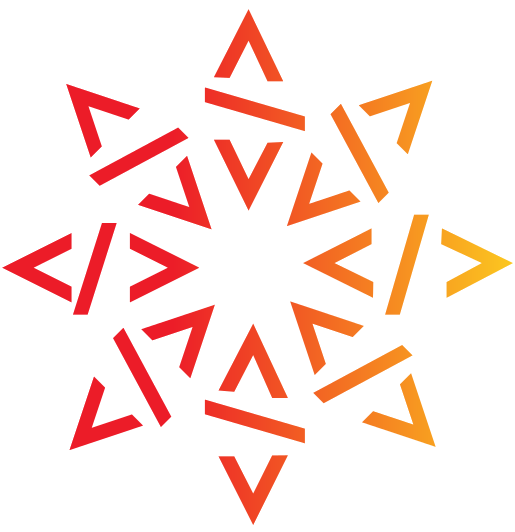#swMATH archives the source code developed by mathematicians in Software Heritage!

Modern mathematical research goes beyond conventional publications, encompassing a substantial collection of knowledge embedded in software source code. In recognition of the importance of preserving this wealth of information and in the spirit of encouraging an Open Science ecosystem, a partnership has been established between Software Heritage and the swMATH portal. The swMATH portal serves as a vital link connecting mathematical publications with comprehensive mathematical software records.
Have you heard about swMATH?
swMATH is the world’s most extensive catalogue for mathematical software and exposes more than 42000 software in the discipline. swMATH is firmly integrated with zbMATH Open, the leading portal for the mathematics community. When a new article presenting a mathematical software is referenced in zbMATH, swMATH indexes, registers, and publicly exposes the metadata describing the software [1].
However, software life is not a walk in the park. An unavailable homepage, source code link rotting, loss in quality of the information contained in the metadata, etc., make software information integrity a challenge in the long run.
Software Heritage’s mission is to ensure software sustainability to answer this challenge. Launched in 2016, since then Software Heritage has become the universal source code library and built a set of API endpoints to make software source code archiving accessible to anyone.
The Software Heritage infrastructure allows for archiving any code and making this easy to achieve with forges like Github or Gitlab. Recently, Software Heritage has released the webhook plug-and-play feature. It can be easily installed and configured to archive every new release on a GitHub project (cf: Zenodo).
Moreover, archiving software source code and its different commits will provide you with the SWHID, the Software Hash Identifier, a reliable identifier ensuring your source code is unique and easily findable with a dedicated URL.
Since 2018, swMath and Software Heritage have collaborated to enhance software identification and accessibility. Providing input on Open Science outputs such as the Software Source Code Identification Use cases and identifier schemes for persistent software source code identification output [2] and the European Open Science Cloud Scholarly infrastructures for research software report [3].
Starting in June 2022, swMATH and Software Heritage have embarked on a partnership to establish mathematical software as reliable entities within the European Open Science Cloud. As a stakeholder of the Research Software APIs Connector, swMATH will connect with Software Heritage to ensure any mathematical software is:
- Archived: by preserving the source code and the swMATH metadata
- Referenced: by exposing a reference with the SWHID on swMATH
- Described: swMATH will archive metadata in Software Heritage
- Credited: swMATH software citation will be machine-actionable by making metadata available in standard software vocabulary such as CodeMeta
With the partnership between Software Heritage and swMATH, the mathematical community gains access to an unprecedented resource that not only establishes connections between publications and software projects but also guarantees the preservation and accessibility to the knowledge embedded within software source code. Moreover, this collaboration opens doors to exploring new horizons, offering the potential to identify specific algorithms within source code files. This alliance marks a significant leap towards Open Science and research reproducibility, embodying the principles of transparency, accessibility, and collaborative advancement in the realm of mathematical research.
– Maxence Azzouz-Thuderoz & Shiraz Malla Mohamad, FIZ
Contributed by
Maxence Azzouz-Thuderoz is a Software Heritage ambassador. He is also a data scientist specialising in AI and natural language processing at FIZ Karlsruhe – Leibniz Institute. Maxence’s main mission is to develop core components of the European Open Science Cloud.
To know more about Maxence, get in touch with him.
Shiraz Malla Mohamad is pursuing a Bachelor’s degree in Computer Science at the Bergische University of Wuppertal. Shiraz is passionate about data integration and enjoys applying his skills to real problems in his student job at FIZ-Karlsruhe Leibniz Institute for Information Infrastructure.
References
- Wolfgang Dalitz, Wolfram Sperber, Moritz Schubotz, Hagen Chrapary: alsoMATH – A Database for Mathematical Algorithms and Software. CICM Workshops 2019. https://ceur-ws.org/Vol-2634/LML2.pdf
- Research Data Alliance/FORCE11 Software Source Code Identification WG, (2020). Software Source Code Identification Use cases and identifier schemes for persistent software source code identification (1.1). https://doi.org/10.15497/RDA00053
- European Commission, Directorate-General for Research and Innovation, Scholarly infrastructures for research software : report from the EOSC Executive Board Working Group (WG) Architecture Task Force (TF) SIRS, Publications Office, 2020, https://data.europa.eu/doi/10.2777/28598
